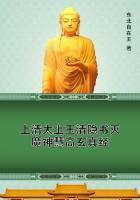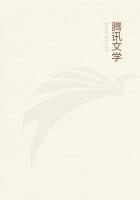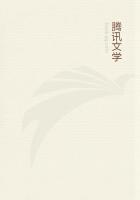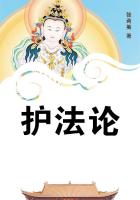in his " Epitre a Uranie," published in 1728, and the fire spread with a rapidity which showed that there were materials ready to catch it and propagate it.Sixty years later, one so fond of order and peace would have been scared by the effects produced by scepticism, so powerful in overthrowing old abuses, and so weak in constructing any thing new or better but at this time infidelity was full of hope, and promising an era of liberty and peace.The very section of the Catholic Church which retained the highest faith and the purest morality, had unfortunately been involved in a transaction which favored the sceptical tendency among shrewd minds.Only a few years before, the people believed that the sick were healed, and the blind made to see at the tomb of the famous Jansenist, the Abbe Paris; the noise made by the occurrences, and the discussions created by them, had not passed away when Hume arrived in Paris; and the youth pondered the event, to bring it out years after in his " Essay on Miracles." While he lived at La Fleche, a Jesuit plied him with some "nonsensical miracle," performed lately in their convent, and then and there occurred to him the famous argument which he afterwards published against miracles." As my head was full of the topics of the `Treatise of Human Nature,' which I was at that time composing, the argument immediately occurred to me, and I thought it very much gravelled my companion; but at last he observed to me that it was impossible for that argument to have any validity, because it operated equally against the gospel as the Catholic miracles, which observation I thought fit to admit as a sufficient answer."After living a short time in Paris, he retired to Rheims, and afterwards went to La Fleche, where he passed two of the three years he spent in France.We know nothing of his employments these years, except that he devoted himself most earnestly to the composition of his " Treatise on Human Nature." In 1737 he brought it over with him to London, where he published the two first books the end of the following year.
This treatise is by far the most important of all.his philosophical works.If we except certain speculations in history and political economy, it contains nearly all his favorite ideas.He devoted to it all the resources of his mighty intellect.He {122} had read extensively, pondered deeply, and taken immense pains in polishing his style.He could scarcely, indeed, be called a learned man, in the technical sense of the term, but he was well informed.We could have wished that he had possessed wider sympathies with earnest seekers after truth in all ages, but this was not in the nature of the man.His knowledge of Greek was very imperfect at this time (he afterwards renewed his acquaintance with that language); what he knew of Greek philosophy was chiefly through Cicero (his very pictures of the Stoics and Epicureans are Roman rather than Grecian), and he never entered into the spirit of such deep and earnest thinkers as Socrates, Plato, and Aristotle, -- he tells us somewhere that the fame of Aristotle is utterly decayed.In respect even of modern writers, he never comprehended the profundity of such men as Cudworth and Descartes in the previous century; and he had no appreciation of the speculations of Clarke and Leibnitz, who lived in the age immediately preceding his own.He belongs to the cold, elegant, doubting, and secular eighteenth century; and, setting little value on antiquity, he builds for the present and the future on the philosophy of his own time.
As to style, which he greatly cultivated, the models which he set before him were the Roman prose writers, the French authors of his own day, and the Englishmen who were introducing the French clearness and point, such as Shaftesbury, Bolingbroke, and Pope, -- he says: " The first polite prose we have was written by Swift." Though he took great pains, he never altogether succeeded in weeding out his Scotticisms, nor in acquiring a genuine English idiom;but his style is always clear, manly, and elegant, and worthy of his weighty thoughts.When he broke down his elaborate treatise into smaller ones, he endeavored to catch the ease and ******* of the lighter French literature; but neither the subjects discussed nor the ideas of the author admit of such treatment; and though the essays are more ornate, and have more attempts at smartness and repartee, the student will ever betake himself to the treatise, as containing the only systematic, and by far the most satisfactory statement of his views.

